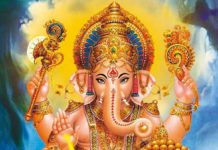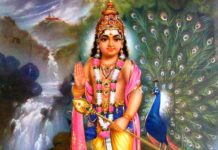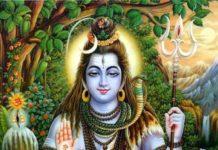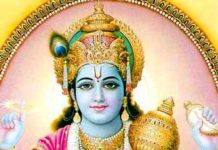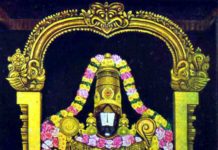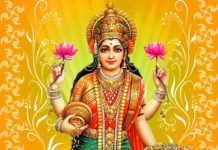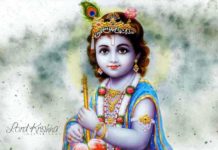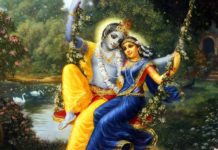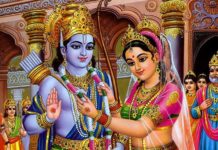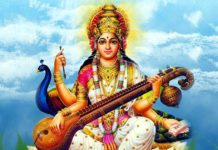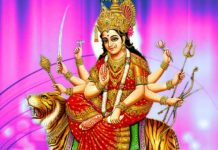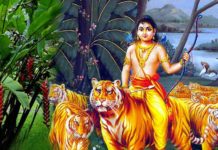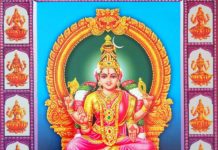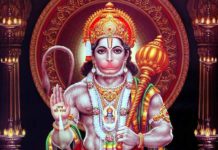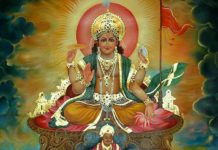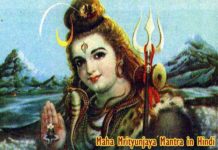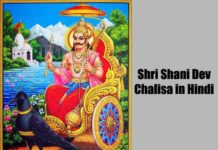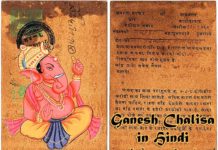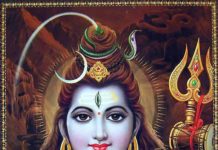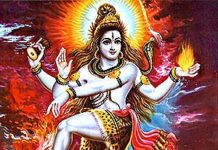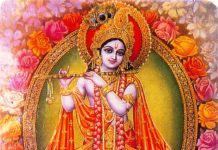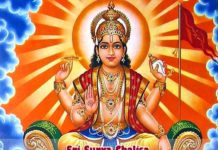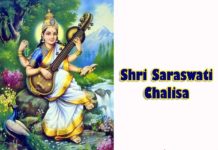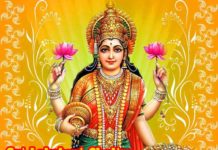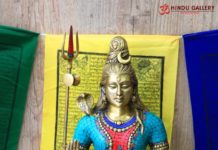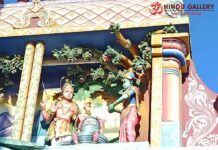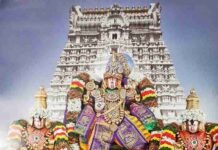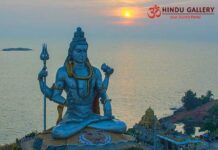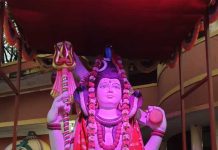Makar Sankranthi Festival heralds the harvesting season when paddy is harvested. This occurs at the time of starting of Uttrayana, the time from which Sun’s position is inclined to Makar Rekha, i.e the tropic of Capricorn.
Makar Sankranthi occurs on Monday, 15th January 2024. The exact time of sunrise has to be ascertained from the respective regional calendars. The festivities commence from Sunday, 14th January 2024, the day of Bhogi.
The manner of celebrating the harvest festival in the some of the places is narrated as under.
Tamil Nadu
The festival is called as Pongal and it is celebrated for four days. The entrance of the houses is decorated with mango leaves and palm leaves. Colorful rangolis are drawn in front of the house.
The first day of the festival is called Bhogi. It falls on the last day of Margazhi month. This is the festival of de-cluttering, spiritually and mentally. Bon fires are lit and all the unwanted old items in the household are discarded in the fire.
However, due to environment issues, such practice of discarding worn out items in fire is being avoided nowadays. However, a special dish named Poli (pan cake made of maida and coconut) is prepared.
The second day of the festival is Pongal, the first day of Thai month. Thai is considered as the very auspicious month and lots of marriages take place in this month.

This day is observed as the thanks giving day to the God Surya who gives life to the living beings on earth. In most of the houses, the fire wood stove is lit in the open space near the house. A new decorated mud pot with milk is kept on the stove for boiling.
When the milk starts boiling, new rice is cleaned and poured into the milk for cooking. At that time, people chant ‘Pongalo Pongal’. Then jaggery and other condiments are added and a dish named Chakkara Pongal is prepared.
The pot is removed from the stove using turmeric and ginger shoots tied to the pot. The dish is then offered as Neivedyam to Sun God.
The third day is called Maatu Pongal. This is dedicated to the cows and buffalos in the house. They are given special poojas on this day as thanks giving. The horns are painted with vibrant colours and the cattle are adorned with garlands.
At all Siva temples, Sri Nandikeswara is worshipped with special poojas. At households, variety rice such as tamarind rice, lemon rice, coconut rice etc., are prepared.
A practice of keeping ‘’kakka pudi’ and ‘kannu pudi’ is also followed. By this, small portion of colored rice are kept in small leaves and offered to crows. It is believed that such offerings shall ward off all evils.
The fourth day is known as ‘’Kaanum Pongal’’ which means the day for sight-seeing. People pack picnic foods and visit parks, rivers, beaches, exhibitions and various picnic spots accessible to them.
This day is also observed as the birth day of the eternal Thiruvalluvar. This day is also observed as ‘’Uzhavar Thirunaal’’, the day of farmers.
Andhra Pradesh / Telengana
The festival is called as Pedda Panduga meaning big festival. It is celebrated for four days.
The first day is Bhogi, the festival of de-cluttering. On this day, the kids are showered with small berries called ‘’Regi-pandlu’’ to ward off evils. In rural areas, the landlords give new dresses to their agricultural laborers.
The second day is Makara Sankranthi. Huge rangolis are drawn in the front of the houses and cow dung is kept in the middle alongwith the pumpkin flower. This is called gobbemma.
Chakkinalu appalu (made of rice and jaggery), jantikalu (crisp murukkus), kudumulu (idlis), arisalu (crispy adhirasam), garelu (vada) and dappalam (made of pumpkin) are the special dishes for the day.
The third day is called Kanuma, the day dedicated for cows and bulls. The cattle are decorated and taken on procession. On this day, disciples seek special blessings from their Gurus.
The fourth day is called Mukkanuma. On this day, non-vegetarian feasts are prepared and partaken with friends and families. Kite flying is also resorted to.

Odisha
It is celebrated as a harvest festival under the name Makara Mela / Makara Sankranti as salutation to Sun God. This is also the festival for friendship bonding.
The special dishes made are makara chaula (combo of raw rice, banana, jaggery and coconut), rasagulla and sesame pudding.
Karnataka
It is celebrated under the name Sukki Habba / Makar Sankramana. A sweet dish named ‘’Ellu bella’’ made of sesame & jaggery and sugar candy called chakkara achu are prepared as special dishes.
As a ritual, newly married ladies offer bananas to the other married ladies as mark of respect and seek their blessings. Cows and bulls are also decorated and taken on procession in rural areas.
This festival also marks the salutation to the farmers and cattle recognizing their contribution in producing food. Kite flying is also resorted to.

Gujarat
Called as Uttrayan, the festival is celebrated for two days as harvest festival and for heralding the onset of longer days.
Special dishes such as Undhiyu (made of mixed vegetables), sesame balls and jelebi are prepared. Kite flying is rampantly done.
Himachal Pradesh / Punjab / Haryana
The harvest festival is celebrated for two days mostly marked by community feasting and heralding of longer days.
The first day is called Lohri. Bon fire is lit as way of celebration. In each locality / community, children collect food items from all the families and distribute to all as community feast.

The second day is called Maghi. It is celebrated by both Hindus and Sikhs alike. People take holy dip in water bodies and offer prayers.
The dishes such as sarson ka saag (made of mustard leaves), makki ki roti (corn bread), radish and ground nut are partaken on both the days.
Assam / North East India
In this region, the festival is celebrated for a week under the names Magh Bihu / Bhogali Bihu / Maghar / Domahi. This heralds the starting of longer days.

This harvest festival is marked with erection of makeshift huts with bamboo sticks, community feasting, bon fire, breaking of pots (tekeli bhoonga) and buffalo fights.
Special dishes such as chira, pitha, laru, curd and rice beer are prepared and partaken.
Maharashtra
It is celebrated as Makar Sankranti for three days. De-cluttering and Sun worship are the main events.
The first day is celebrated as Bhogi. Sun God is offered special poojas and kite flying is done.
The second day is Makar Sankranti. On this auspicious day, married women apply haldi – Kumkum on each other’s forehead as mark of respect.
The third day is called Kinkranti marking the defeat of the demon Kinkrasur.
During the festival, special dishes such as til-gul (sesame and jaggery) and puran poli are made.

Central India
It is celebrated as Kichdi. Holy dips are taken in water bodies and special prayers are offered. Urad dal kichdi, til ladoo and gur ladoo are the special dishes made.
Rajasthan
It is celebrated as Makar Sankranthi / Sakraat as community festival. Women follow the custom of gifting household items to atleast thirteen married women. Special feast is given to the sisters and daughters of the household.
The special dishes are Pheeni, Til pati, Gajak, Kheer, Ghevar, Pakodi, Puva and til ladoo. Kite flying is also the hallmark of this festival.
West Bengal
It is celebrated as Paush Sankranthi for three days. It signifies the commencement of Magh month. It is predominantly celebrated as the harvest festival.
Special Lakshmi poojas are done. In some regions, special poojas to Sri Shiva and Dharma are also conducted.
During this season, dates syrup is made and jaggery is made from this syrup. The dates jaggery is used for preparing invariably all the sweets.
Sindh
In this region, it is celebrated as Timori. Parents send sweets made of sesame seeds to their married daughters.
General
Apart from the above, Makar Shankranthi is also being celebrated as Shishur Saenkrat in Kashmir Valley. The manner and the rituals for the same could not be ascertained.
Effectively, Makar Shankranthi is a community festival celebrated to signify the emergence of longer days in the winter due to the northern journey of the Sun, harvest and giving gifts to the married daughters and sisters.
The sweet dish made of sesame is prepared invariably in all the regions and kite flying also is resorted to.
Invariably, people wear new dresses and those living near the water bodies such as rivers, lakes etc., take the holy dip. Further, the process of offering obeisance (tharpan) to the ancestors is also rigorously observed.






